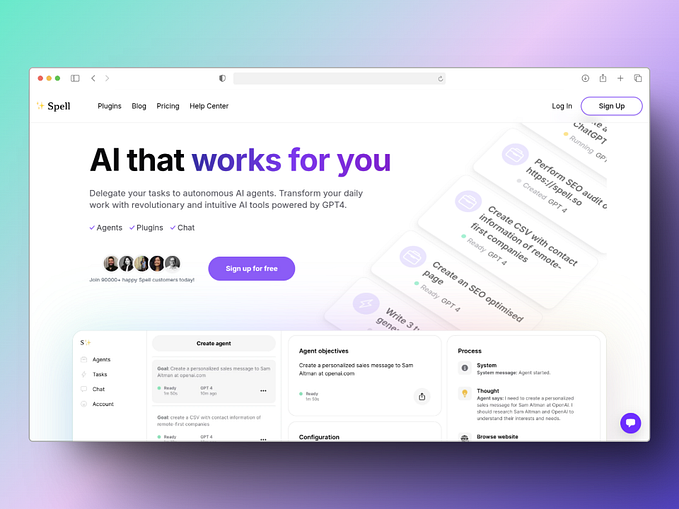
I wanted to continue my discussion about use cases for blockchain technology and specifically for the Helios Protocol itself. In my last use cases article, I explored use cases for identification, voting, and healthcare. In this article I want to take a dive into how blockchain ledger technology could benefit non-profits and how it could be a platform for news. These use cases are currently in need of an upgrade and I feel that blockchain technology can be the answer to their problems.
Non-Profits
Nonprofits can be a great way for a religion, a movement, or a cause to create an organization that is created to help people in some way. They are tax-exempt meaning that they do not have to pay taxes because all their profits and donations go back into the company to assist the cause and further their movement. While this sounds like an excellent way for some social movement to further develop, many nonprofit organizations have been scrutinized in the past for spending recklessly and not using donations in optimal ways. One such example would be Susan G. Komen who is an advocate for breast cancer paying their CEO upwards of $650,000/year salary and only 20% of their donations actually going towards cancer research.

In a perfect world, non-profit organizations would be free from corruption and would only use their donations to keep the lights on and the rest would go towards bettering the movement/social cause. With blockchain technology, a non-profit could use the immutable ledger to store all of their financial information. This could include donations received, worker salaries, contributions to their cause, and any other aspect where financials come into play. All of this information would be readily available to someone wanting to donate before they actually make the donation. This would force nonprofits to make sound decisions when spending the donations they have received. With the way that the Helios Protocol’s technology is designed, each individual could donate directly to the nonprofit from their own wallet. This transaction would be kept on their own blockchain, as well as the nonprofit’s blockchain and the entire Helios ledger. Full nodes would have complete record of every donation received, and there would be no guessing as to how much a nonprofit actually received.
To build on the idea above, the nonprofit would also be able to pay for all of their financials using their wallet linked to the organization. This would allow any individual to see the immutable transactions that have occured. Furthermore, any book keeping could also be done through smart contracts on the Helios Protocol, once developed, to keep records of the daily movement of money throughout the organization. I personally feel this would give individuals the confidence that they were donating to a non-corrupt organization and would hold the organization to a higher standard.
News
News has been getting sketichier and sketchier over the years, and this is because of how readily available news now is to individuals. You can read the news in the paper, watch the news on TV, browse news websites on your computer or smartphone essentially making it accessible to anyone anywhere. I feel this has caused news sources to try to play the shock and awe game with their headlines and stories they cover in which they try to bait you into reading their articles by clever headlines or only covering stories that will bring in readers. I personally have not watched the news or read the news in a few years because of it only covering everything negative in the world or it covering topics I personally have no interest in but the lowest common denominator does.

So how could blockchain technology solve this? How could Helios Protocol specifically bring the news back to the heyday of the 5pm news that everyone would watch nightly? There are a few things that blockchain tech brings to the table. Immutability and encryption. These two features of blockchain would allow any story, whether its favorable or not, to be published to the world and become immutable. This information would forever be kept on the blockchain for anyone to access when they want. This would also push publishers and news reporters to only report true facts since there would be no way to take back what they have reported. The blockchain would make sure of that. This would make news reporters especially careful about what they post and hopefully would cause an increase in credible, believable news sources.
But how would we know that the sources were true? Encryption would solve this. Say a news story is published to a news aggregation smart contract on the blockchain. We could see where the news story originated from due to the transaction address of the sender. This would verify that the news was actually from the source that it claimed to be from and there would be no doubt that it was real since impersonating a wallet address on the blockchain is impossible. With the Helios Protocol, each person owns their own blockchain and thus wallet so their own blockchain would be the source of the news that they published.
Conclusion
I feel that nonprofits and news networks would benefit from all of the technology perks that blockchain technology brings with it. From the immutability aspect of a public ledger causing that exec to rethink spending donation money in a sleazy way, to that news reporter reporting some false news just to get a few views, blockchain technology would change these two industries for the better.








